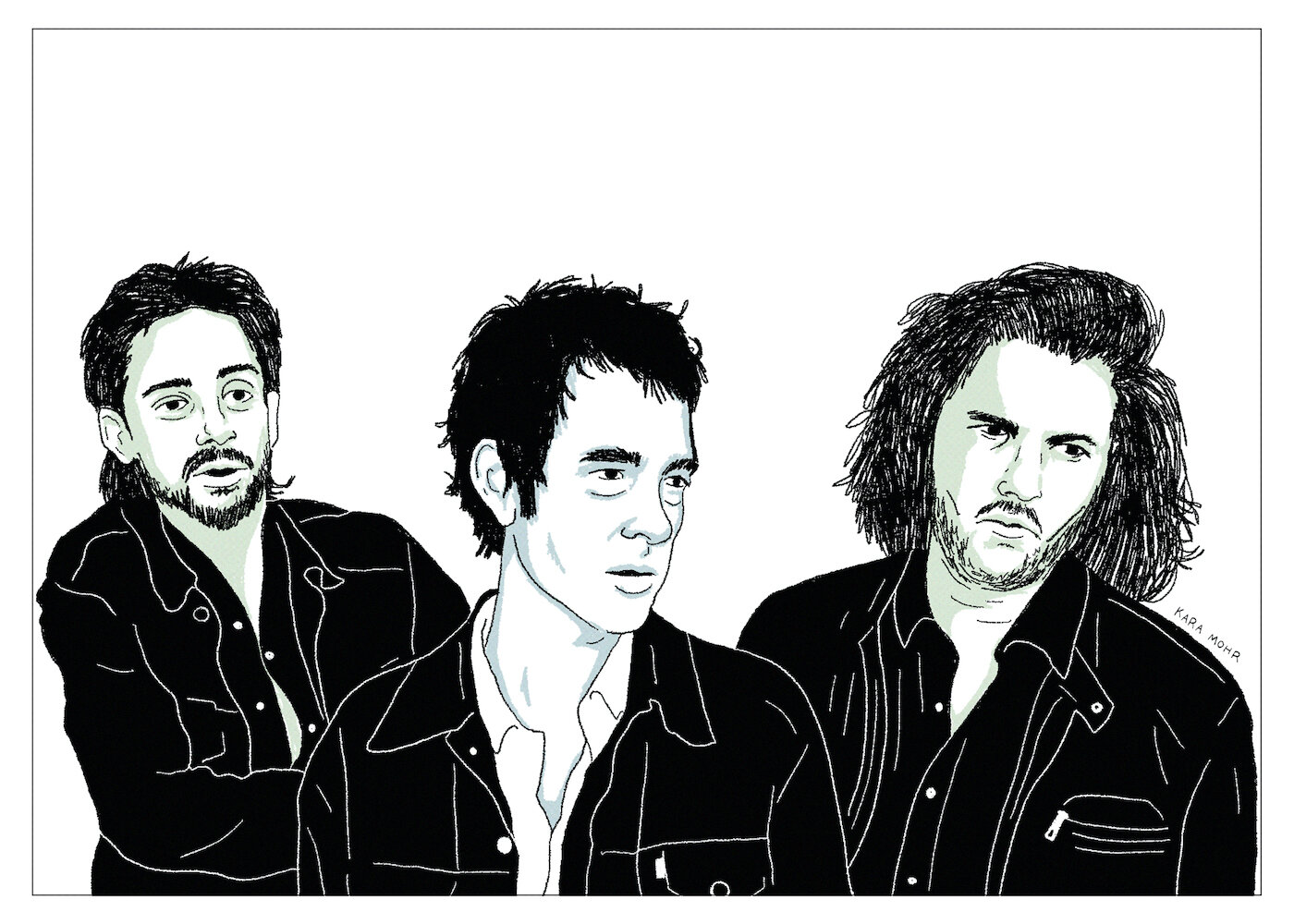
Jon Spencer Blues Explosion “Meat + Bone”
Right after Nirvana, but just before Radiohead, the Blues Explosion were the band that all of New York City wanted to happen. They emerged from the grime to make “Art&B” that was initially greasy, then sweaty and, eventually, glistening. But, slowly, and unexpectedly, the buzz quieted down. The albums got safer or weirder. A decade after their debut, they’d been market corrected by The White Stripes. In fact, they practically disappeared. But then, in 2012, they pulled the cover off the old muscle car, put the keys in the ignition and waited to see if the engine still ran.
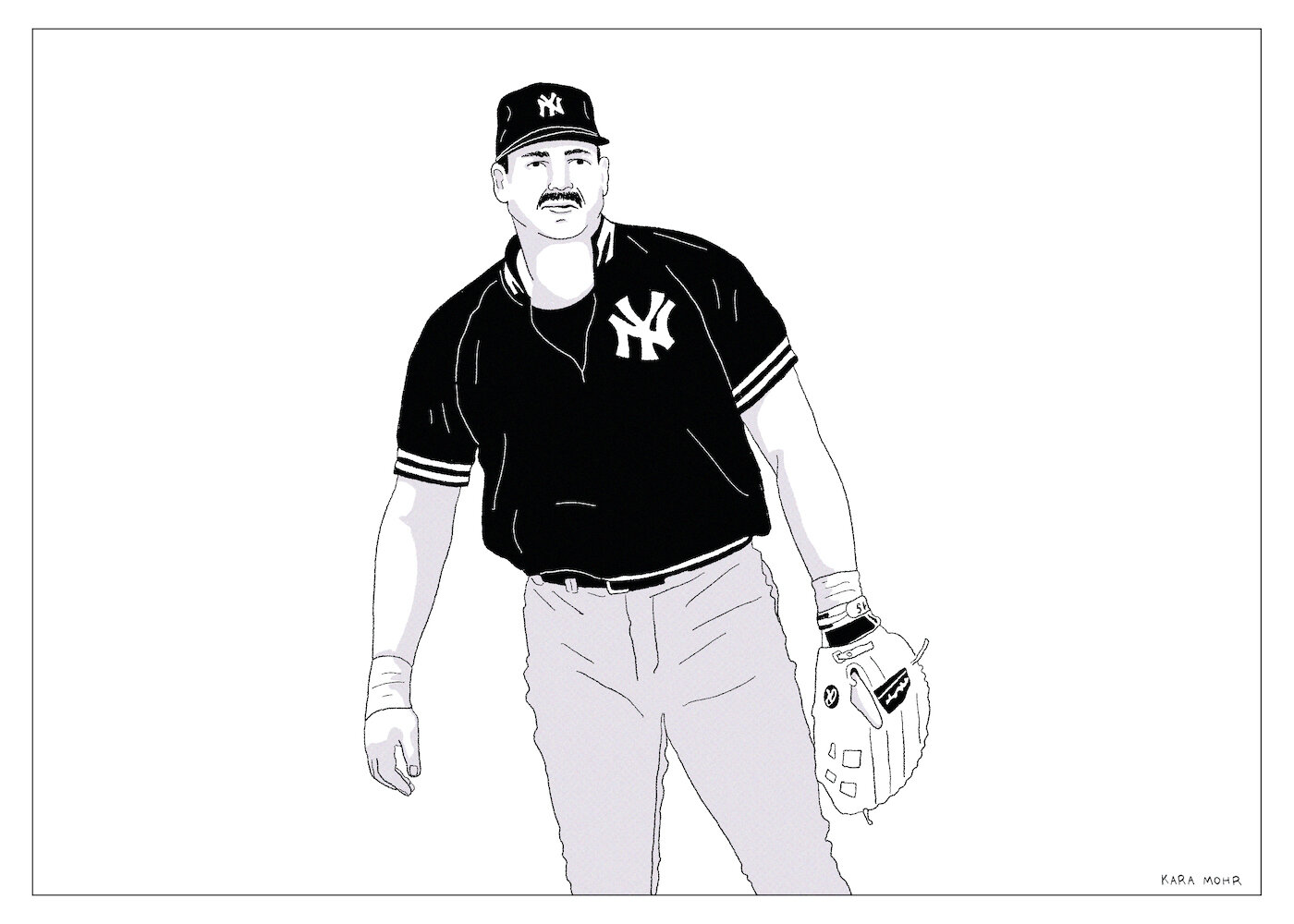
Steve Balboni “Bye Bye”
Steve Balboni’s body so exquisitely matches his surname that one would expect a rough Italian translation for Balboni to be “husky designated hitter.” Perhaps there is a village—maybe a small timber community in Northern Italy — where prosperous, mustachioed Balbonis have swung felled trees since time immemorial. Plus, to a seven-year-old in 1985, the name sounded a lot like a combination of Baloney and Bambino — which, frankly, just made sense. As a child, it was unspeakably obvious what “Balboni” signified. Today, as a grown man, it is almost frighteningly unclear.

Toto “Mindfields”
Toto was a lab accident. Obviously, not a tragedy, like Chernobyl. More like Bruce Banner getting exposed to Gamma Rays and becoming The Hulk. Back in 1982, they sounded both hulkingly awesome and completely normal. They won Grammys. They sold over ten million records. They were proof that Rock music could be sonically pristine and exceedingly popular; that musicians could look just like regular guys -- or worse -- and still be stars; and that Pop music could be “all encompassing” (“in toto”). However, like many great experiments, over time, the evidence proved less conclusive.

Luther Vandross “Luther Vandross”
Luther was the most polite Soul singer to have ever lived. We always knew that Al Green was grooving with euphemisms. We knew Smokey Robinson was being a little too cute. Even Michael Jackson tried to convince us that he was “Bad.” But Luther did none of those things. He was more interested in holding hands and gazing into our eyes over a candlelit dinner and a glass of Chablis. He built his career around silky vocals, a cherubic smile and good manners. But, in 2001, at the age of fifty, he lost half of his body weight, slapped expensive beats on his tracks and started to flirt like a grown up.
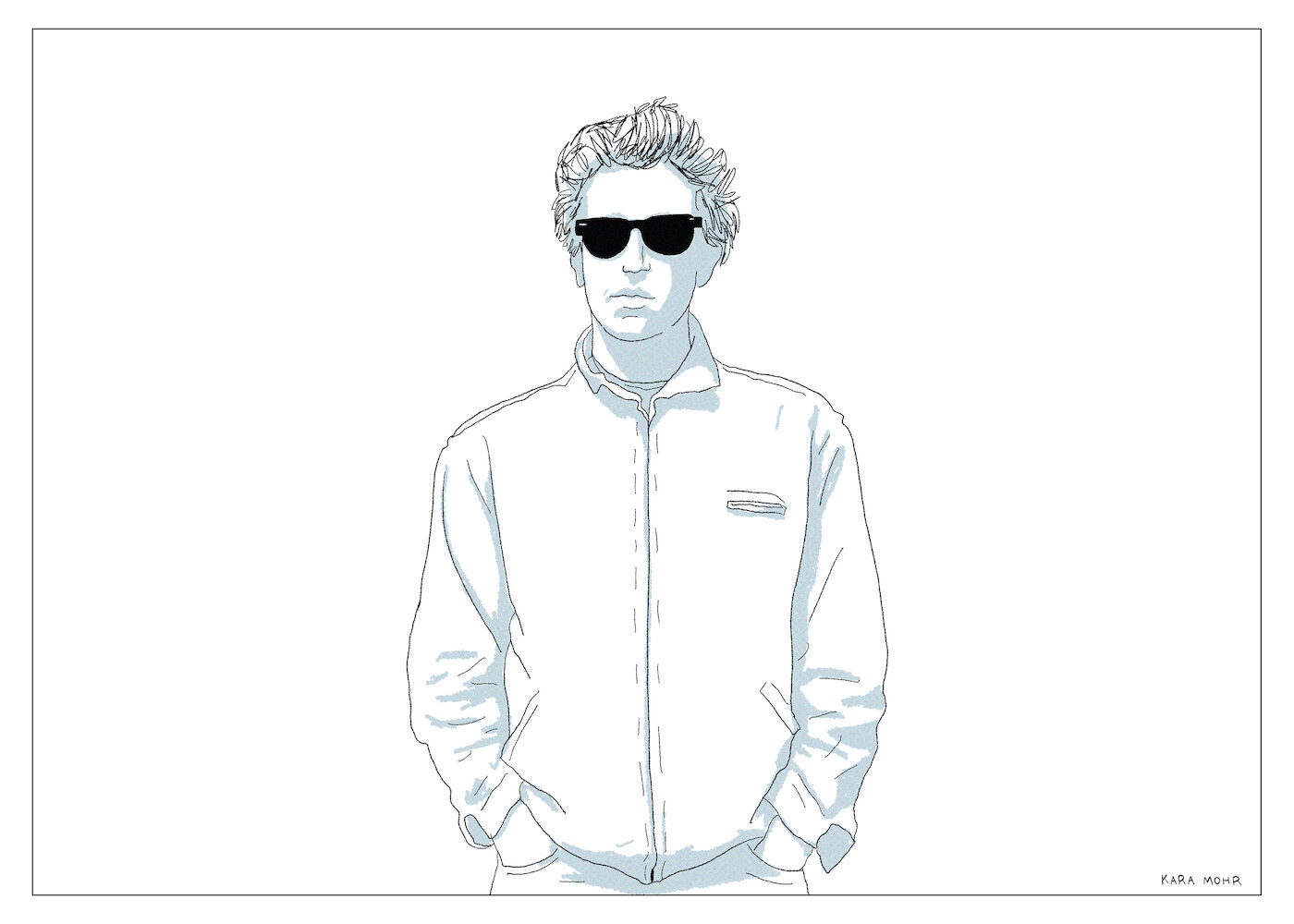
David Kilgour “The Far Now”
What’s it like to be a treasure, buried deep inside an island halfway around the world? What’s it like to be a semi-legend who cannot make a living doing what you are revered for? What’s it like to be a middle-aged artist who means so much to so few, but absolutely nothing to so many. Eventually, David Kilgour, the darling, Kiwi uncle of Indie Rock, gave up worrying about these sorts of things. “The Far Now” is his exhale — the sound of sunrise and sunset.

Waylon Jennings “A Man Called Hoss”
In 1987, off drugs, but stuck with a six pack a day habit, Waylon decided to make an “audio biography.” That lovable, but lightweight album was more like a Disney amusement park ride than the proper autobiography he would finally write ten years later. Taken together, though, they taught me what I needed to know about Waylon Jennings. That he wasn’t just an outlaw. Wasn’t just the guy who played bass for Buddy Holly. Wasn’t just a Highwayman. He was all those things. But, most of all, he was the guy with the perfect Country voice who screwed it all up, so that he could make it all right again.
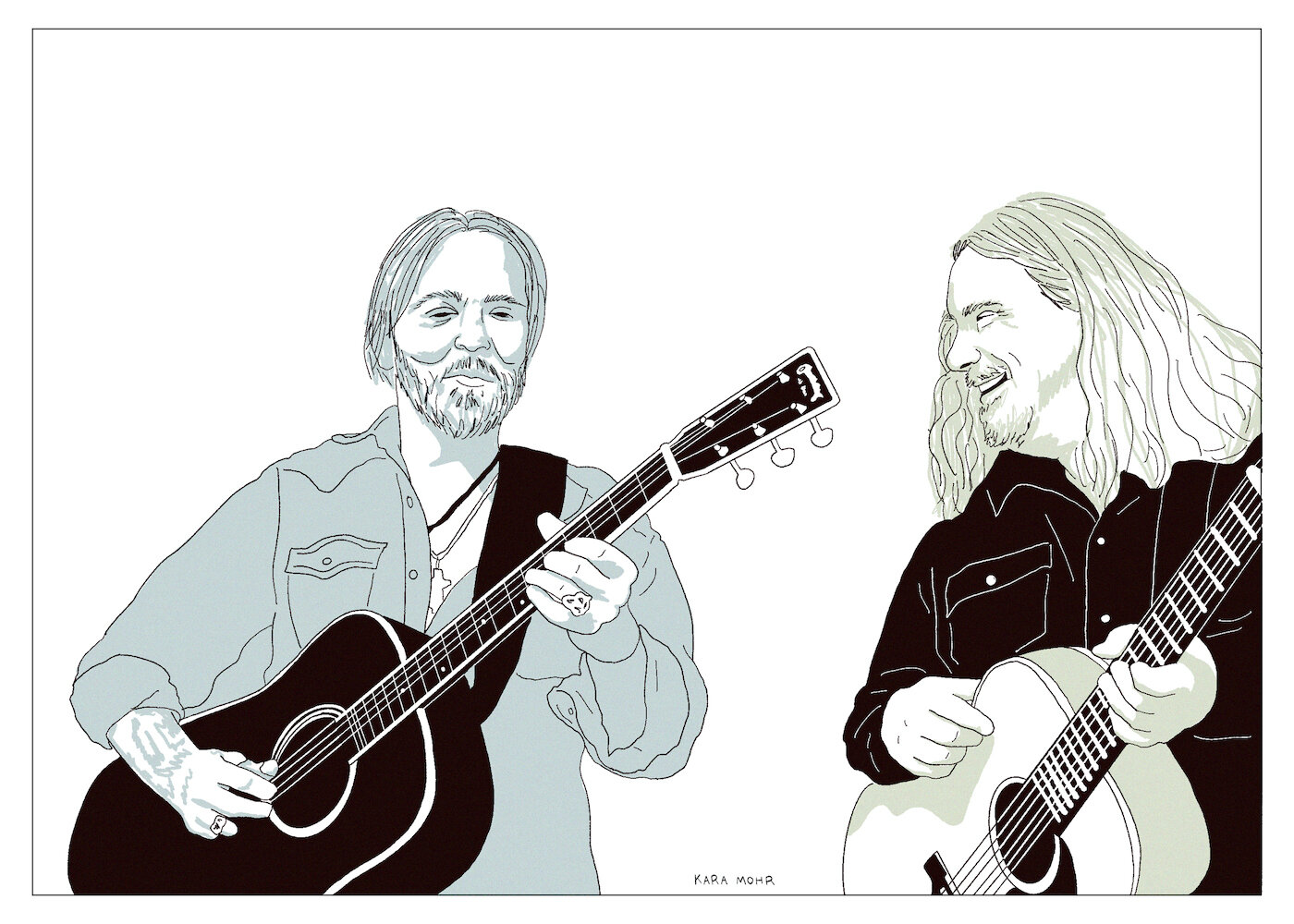
Allman Brothers Band “Hittin' the Note”
All these years later, I don’t regret the Leftover Salmon jokes or the Disco Biscuits cheap shots. For decades I used the term “Jam Band” pejoratively. It was hypocritical, to say the least. Bands that I loved — Television, Yo La Tengo, The Feelies — loved to jam. But, it was obviously not the same thing. They weren’t “Jam Bands.” And so, I simply would not apologize for my snark. The one thing I did regret, though -- the thing that has gnawed at me since I was a teen -- was the fact that I never gave the Allman Brothers Band a fair shake.
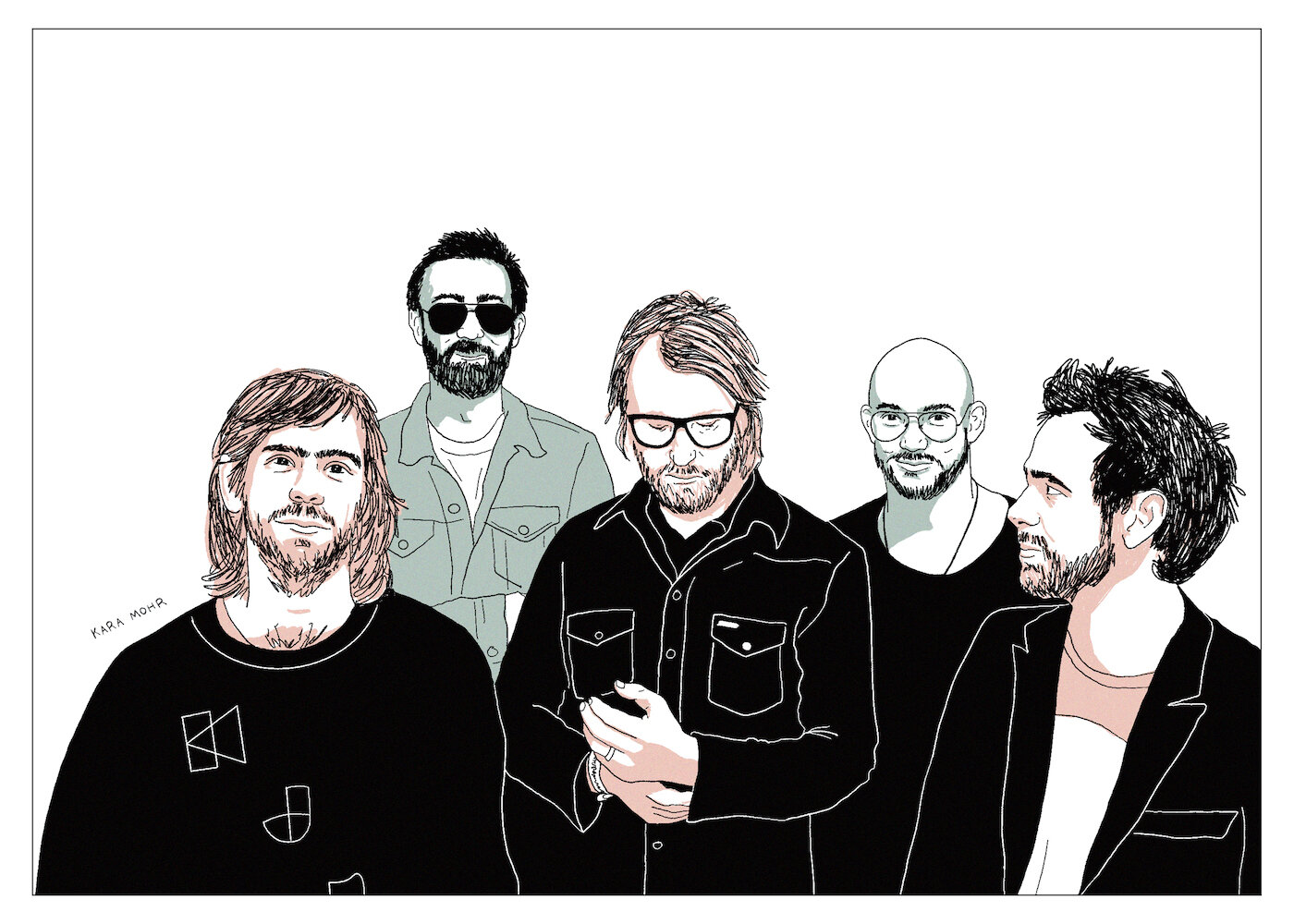
The National “Sleep Well Beast”
In 2017, after a decade being carried in the arms of cheerleaders, The National were understandably disoriented. There was the scary new President. There was their unexpected stardom pushing up against their middle-aged domesticity. There was even a small, but vocal, backlash accusing them of sameness. And, possibly, smugness. “Sleep Well Beast” was the band anxiously experimenting their way through the quagmire. Meanwhile, I listened and wondered: can we ever go back?
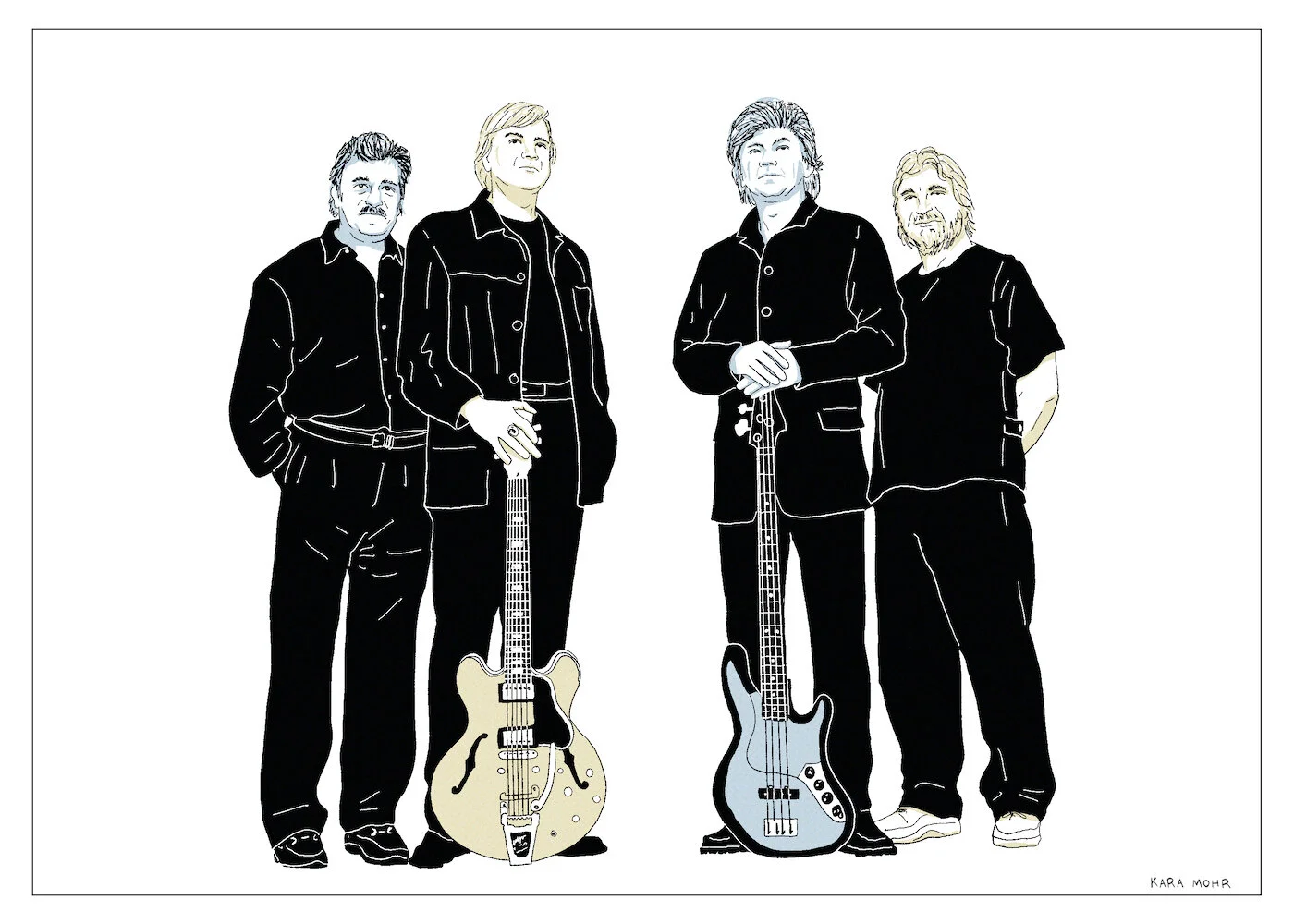
The Moody Blues “Strange Times”
Although they are considered pioneers of both Psychedelic and Progressive Rock, The Moody Blues always sort of defied classification. Their music frequently sounded either too slow or too fast. They were once Classical in Modern times. Then, they were the oldest of the New Wave. In 1999, after an eight year hiatus, they returned to the world of Limp Bizkit and The Backstreet Boys. And, as always, they seemed both timeless and time-less.

The Feelies “In Between”
If ever there was a band that was born to disappear, it was The Feelies. They were the cult band that, for over forty years, were not a band much more than they were a band. They were R.E.M. without the feelings and Yo La Tengo without the romance. They wrote songs about nothing. They made four albums between 1980 and 1991 and then faded like Halley’s Comet. But then, twenty years later, they returned. And, even though they had already said everything that there was to be said about nothing at all, they kept on saying it. Same chords. Same mumbled words. And it was still perfect.

Pearl Jam “Backspacer”
From the very beginning, I did not trust Pearl Jam. The yearning was too intense. The bass was too rubbery. They wore hats! I was certain that they were a Jam band in disguise. Over time, though, I realized that I was untrusting more than they were untrustworthy. And, by 2009, there were rumors of a “new wave,” “optimistic” Pearl Jam. Obama was President. Cheney and Rumsfeld were gone. Matchbox Twenty and Third Eye Blind were a distant memory. Hope had sprung eternal. I was not not curious.
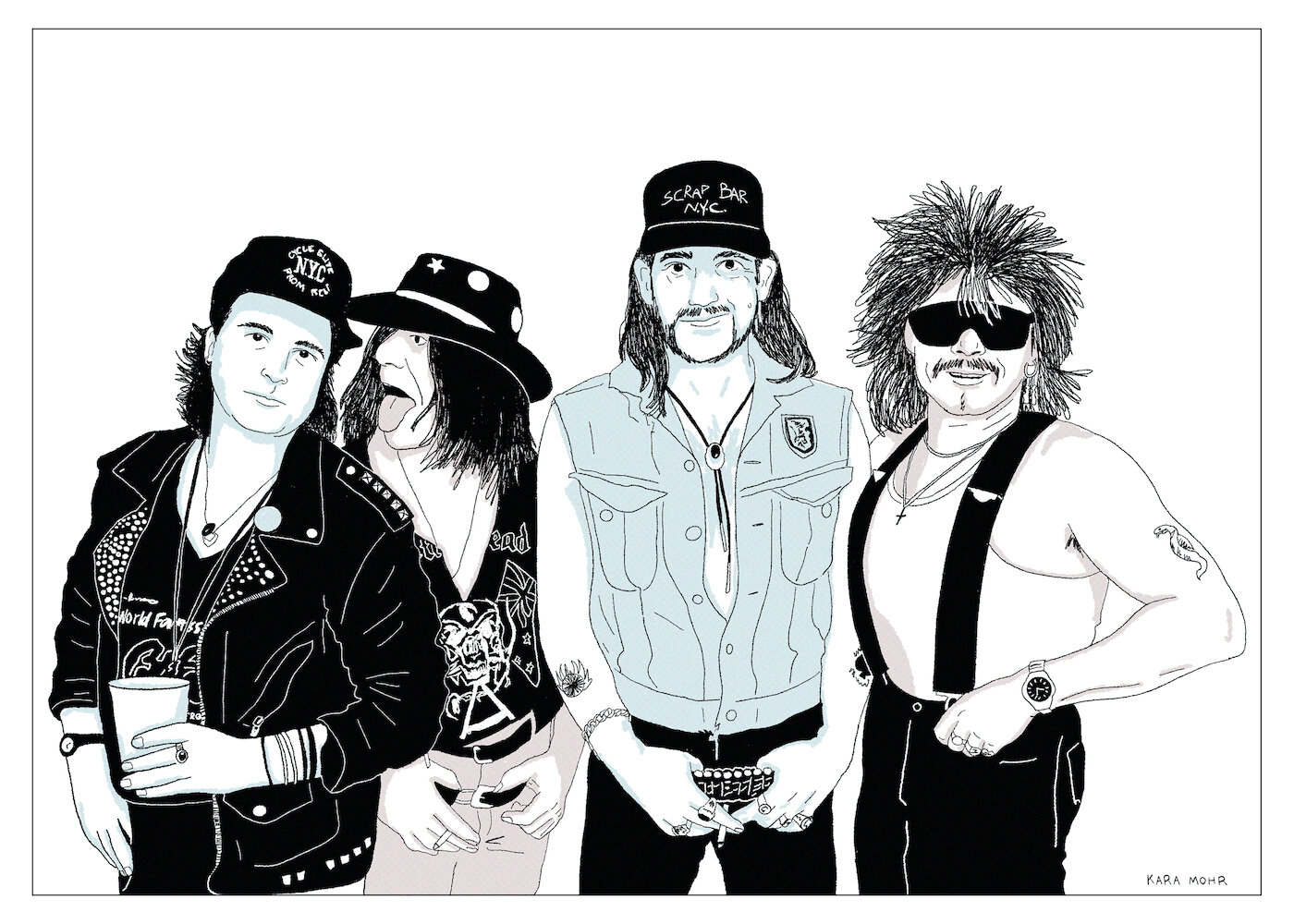
Motörhead “1916”
Like their snaggletoothed logo. Motörhead never really changed. Even when Lemmy was forty-five, transplanted to Los Angeles and caught between Hair Metal and Grunge. Even when Philthy Phil looked like a feral, drunk understudy from “Cats.” Even then, they could drop a dozen heat seeking missiles, armed with nuclear Stones and coked up Sabbath.

Beastie Boys “Hot Sauce Committee Part Two”
Ten years later, I don’t really know if this was a fake sequel or a Jewish version of an Irish wake or something else. As music, it tastes more like warm soup than hot sauce. But, they were still elite MCs. And they were still fluent in Dub, Hardcore and Space Funk. Looking back, they were never my band. But a whole lot of what I know about growing up I learned from the Beastie Boys.
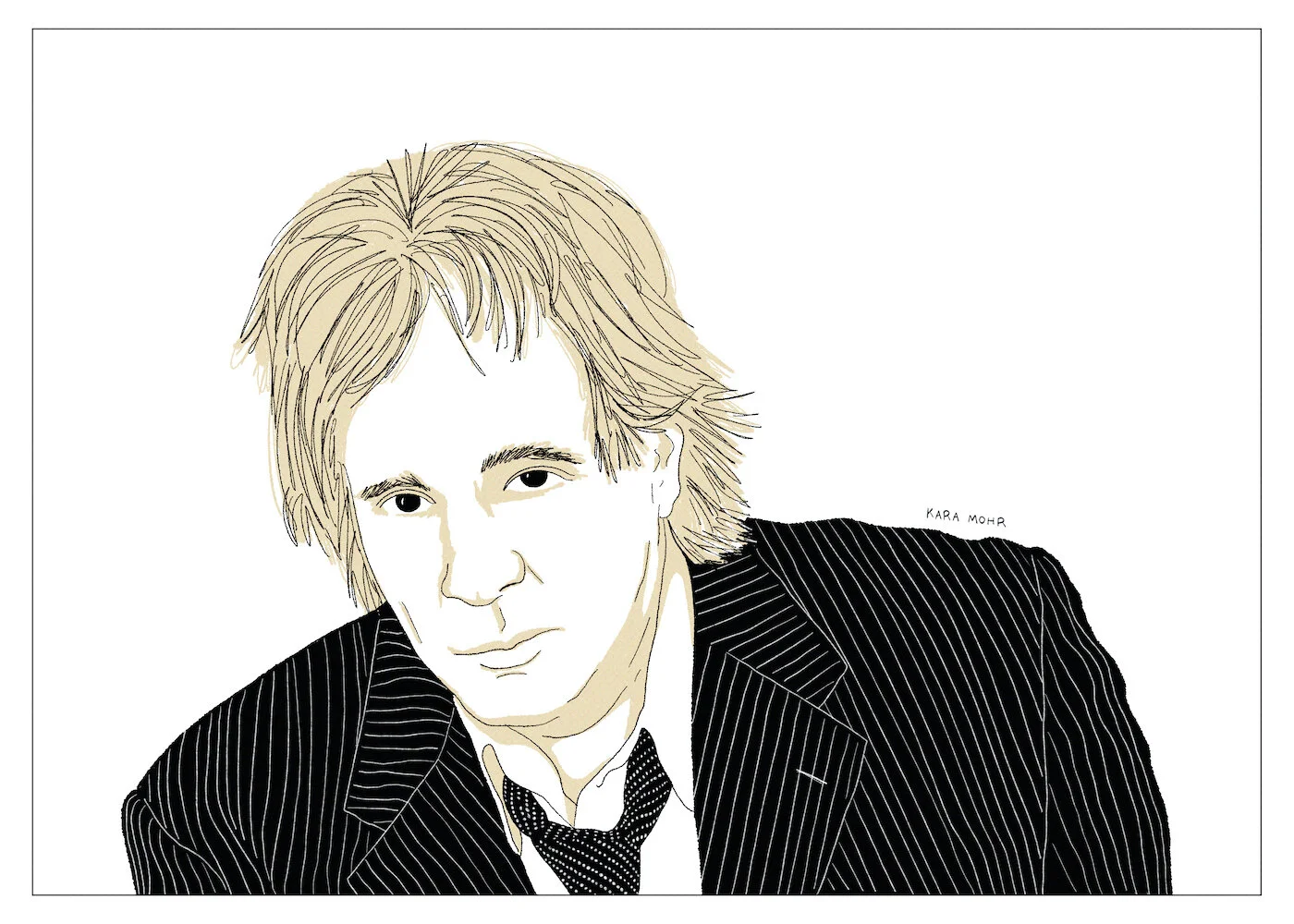
Eddie Money “Ready Eddie”
If you really understand Long Island, you know that it isn’t Billy Joel country or Lou Reed country or Mariah Carey country or Bernie Madoff country. It’s Eddie Money country. Money was the one hit wonder who, from 1977 to 1988, just couldn’t stop making hits. He was the guy who sang “Two Tickets to Paradise.” He was Bruce Springsteen with two sides of ham and half as much talent. He was the “King of Generic Rock” who, in 1999, finally realized that “generic” also meant “easily replaceable.”
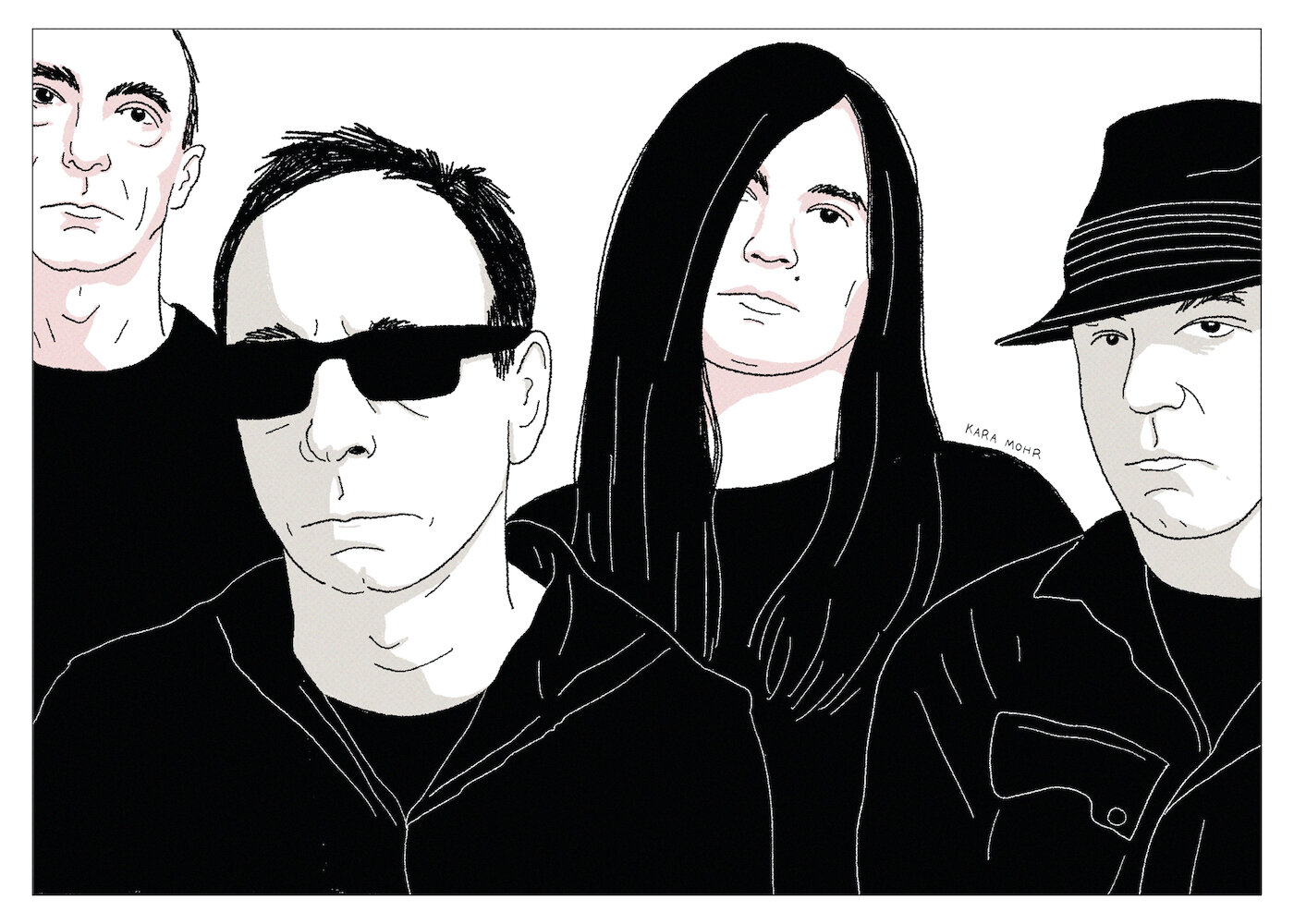
Wire “Change Becomes Us”
Wire was an argument against the zeitgeist. Anti-Rock. Anti-New Wave. Anti-Electronic. The alternative to Alternative. And, for decades, they despised nostalgia. They did not revel in the myth of “Pink Flag.” They were constantly present and stepping forward. But, what happens when the argument is futile? What happens when the future is gone? What comes after “posteverything”?

Dave Matthews Band “Big Whiskey and the GrooGrux King”
I should have known better. I put it off too long and now it’s back looking for payment with interest. If only I’d dealt with it when I was younger. Now, I’m forty seven. Should I just take up snowboarding or backpack around Europe instead? I really thought I’d lost them or that I’d been given a pass. But, apparently, like death and taxes, there is simply no getting around the Dave Matthews Band.
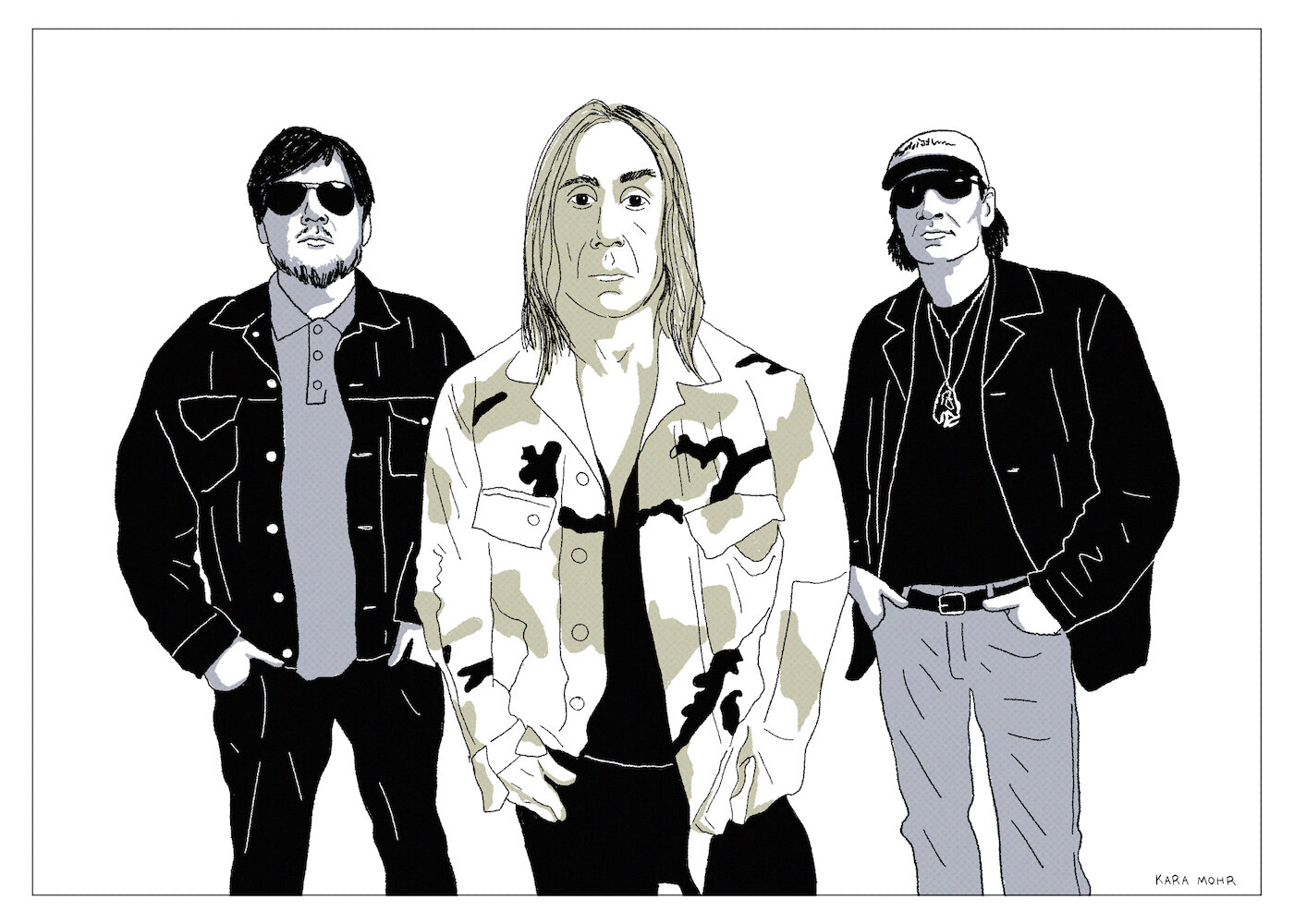
The Stooges “The Weirdness”
When The Beatles broke up, it ached of permanence. But, twenty years later, the bruises were forgotten. Every band that went away eventually came back. The Who. The Eagles. Even The Velvet Underground. Hippies turned Yuppies understood the motivation — if there was money to be made, the end was never really the end. But Generation X, with our Indie ideals, didn’t get the memo. When The Pixies reunited, we were pissed. And when The Stooges earnestly tried, but fell short, we were out for blood.
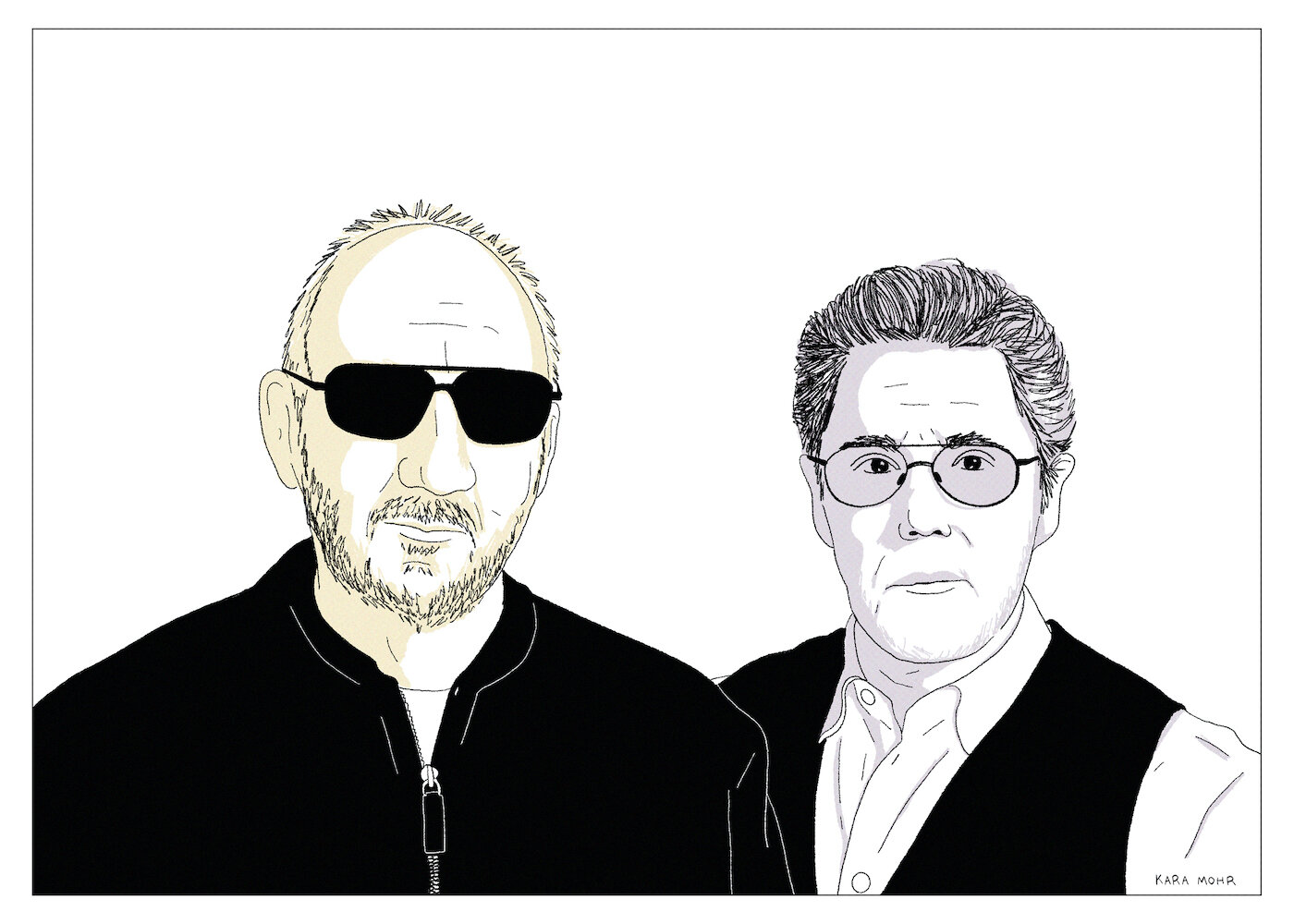
The Who “WHO”
During their 2010 Super Bowl performance, without ever saying as much, The Who confirmed what we had suspected for years. They were done. Keith and John were dead. Pete was in his mid-sixties and Roger Daltrey was a year older and could no longer sing. There was simply no coming back. But, in 2019, through a combination of medical innovation and radical kindness, The Who returned.

The Shins “Port of Morrow”
James Mercer had a decision to make. Was he going to be the boss and the star of a beloved band? Or would he remain a coy teammate, holding on to his indie ideals? First, he opted to punt and half hide alongside Danger Mouse. Eventually he reemerged like a bearded, prettier Kevin Spacey and without his bandmates. It seemed like a daring step forward but it still sounded exactly like The Shins.

The Red Hot Chili Peppers “I’m with You”
After the unexpected peak of “Stadium Arcadium,” The Red Hot Chili Peppers had to consider their descent. John Frusciante left. Flea went back to music school. And Anthony cut his hair and grew a moustache. Five years removed from the mountaintop, they returned older, wiser, and noticeably smaller.
